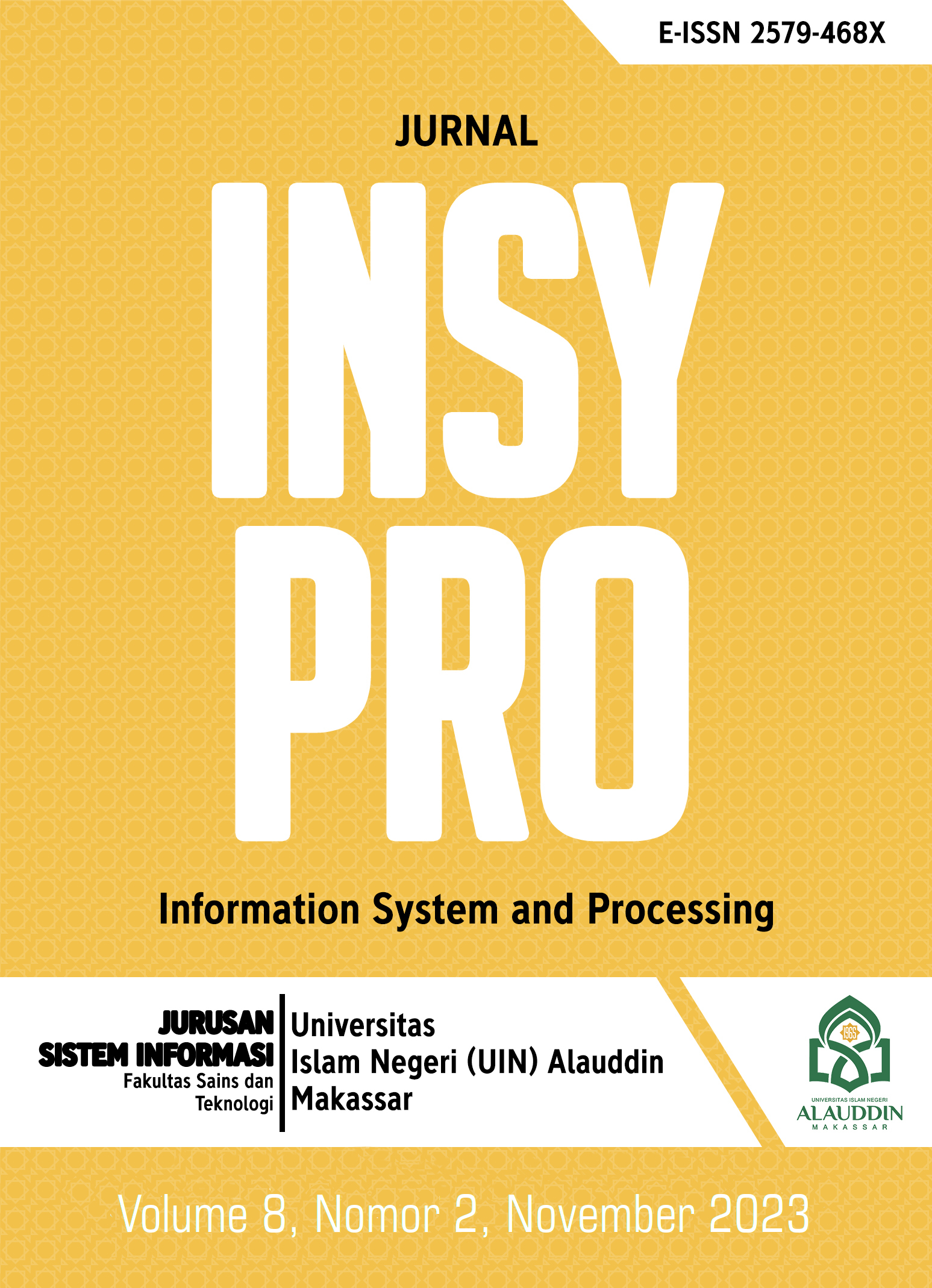Empowering Mosques as Baznas Agents with Digital Technology
Main Article Content
Abstract
The Mosque Prosperity Council's understanding of zakat jurisprudence is still considered traditional and closely tied to habits that have been in place for years, while their understanding of the legal rules regarding zakat management is still not comprehensive and tends not to be applied in real terms in the zakat management carried out. The zakat collection pattern that is carried out is only passive, namely waiting for the muzaki who pays zakat to DKM, while the distribution pattern is carried out only in traditional consumptive activities in the form of giving rice and a certain nominal amount of money or in the form of other staple foods. By understanding the condition and understanding of the Muslim community in general in Indonesia, which is still not uniform in understanding zakat law, which causes absorption and distribution to be not optimal. Therefore, with a digital technology model that adopts Zakat sharia law, it will educate and direct muzakki to distribute their zakat and its distribution in accordance with sharia
Article Details

This work is licensed under a Creative Commons Attribution-NonCommercial-NoDerivatives 4.0 International License.
Each article is copyrighted © by its author(s) and is published under license from the author(s).
When a paper is accepted for publication, authors will be requested to agree with the Creative Commons Attribution-Noncommercial-No Derivative Works 4.0 Netherlands License.


